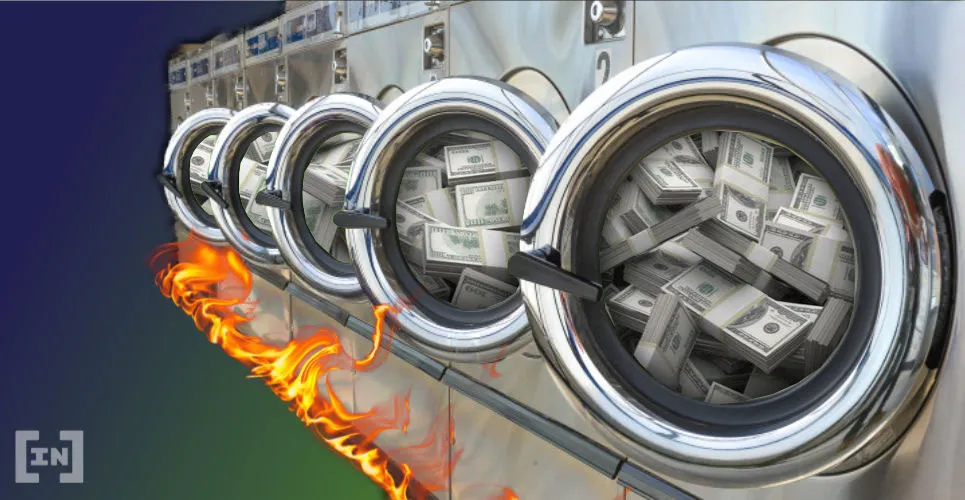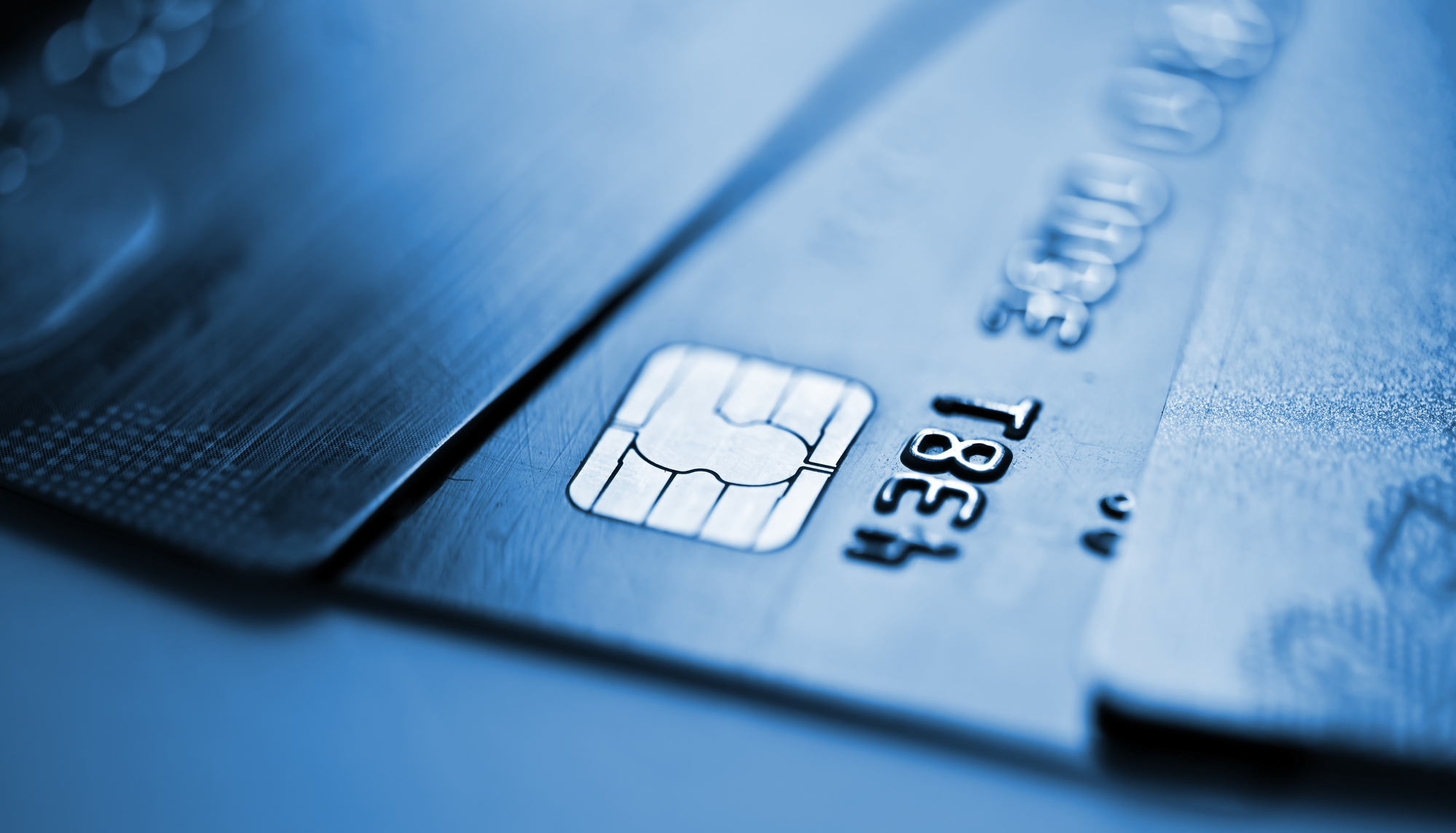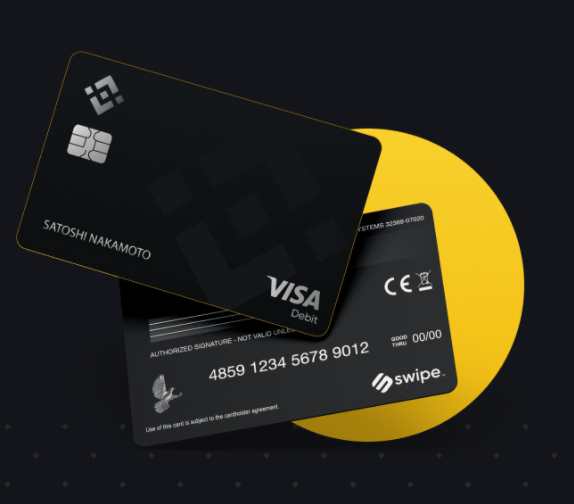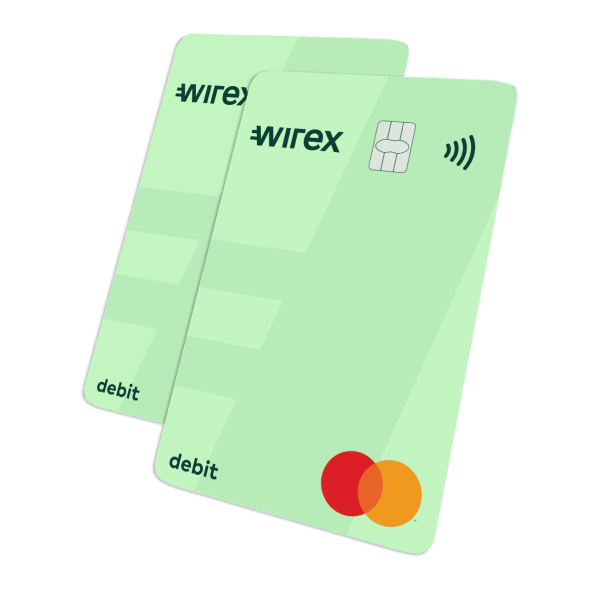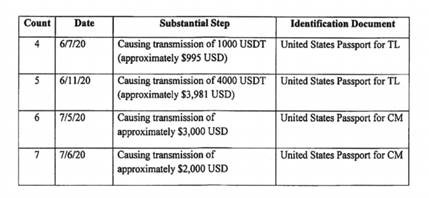$29 Million in Bitcoin Seized From Dutch Dark Web Money Launderers
A couple from Hilversum, Netherlands have been convicted of money laundering after using bitcoin on dark web services.
The Rotterdam District Court ordered the couple to forfeit 2,532 BTC and €250,000 ($295,256).
According to court documents, the convicts swapped cash for bitcoin from anonymous customers in busy fast-food restaurants.
Want to know more? Join our Telegram Group and get trading signals, a free trading course and daily communication with crypto fans!
The Rotterdam District Court in the Netherlands has seized 2,532 bitcoins (~$29 million) from a couple convicted of money laundering on dark web platforms.
According to a court statement, the man and his wife from the city of Hilversum, located in North Holland, were also sentenced to two years and two and a half years in prison, respectively, for money laundering.
The Dutch Public Prosecution Service successfully prosecuted the couple for laundering more than €16 million ($18.9 million) over the course of two and half years after establishing that the source of the large bitcoin sum in their possession came from illegal dark web transactions.
Particulars of the Case
According to the court statement, two separate sums of 1,488 BTC and 1,044 BTC respectively were seized from the suspects, as well as €250,000 ($295,256) in cash. In addition, both suspects were individually fined €45,000 ($53,137) and forced to forfeit €138,000 ($162,955) and $40,000.
The court established that the couple purchased bitcoin to exchange large euro sums in cash from private individuals and companies. These transactions were not disclosed to Dutch authorities and were made using methods to keep the customers anonymous.
The court explained that exchanges usually occurred at a fast-food restaurant in a big city, without any due diligence or KYC. This is typically advantageous for dark web criminals looking to swap their bitcoin for fiat without going through the usual checks of fiat-crypto exchanges.
“Traces of the Dark Web”
The court ruled that the acquired bitcoin bore hallmarks of dark web activity. Bitcoin use on the dark web has been linked to criminal activities like child pornography and murder-for-hire, and authorities often target these underground markets.
An excerpt from the court papers reads as follows:
“Traders did not ask customers for identity papers, while large amounts were often exchanged. The suspects, a man and his wife, came into contact with customers through advertisements on the Internet and a marketplace on the dark web. Much of the bitcoins traded bore traces of the dark web. The court has established that the suspects laundered more than 16 million euros in two and a half years.”
